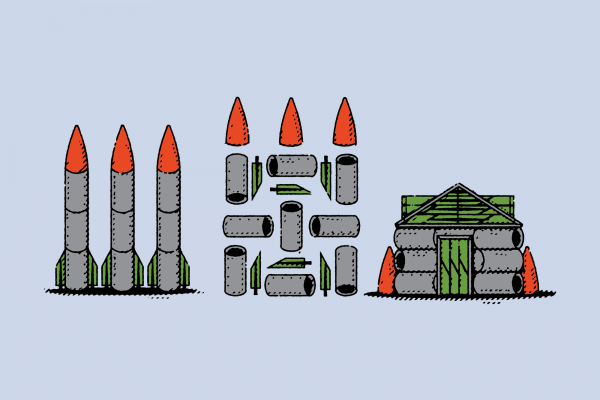THE TREATY ON the Prohibition of Nuclear Weapons, the first global ban on nuclear weapons, entered into force on Jan. 22. It is a bright spot in a bleak international landscape.
Negotiated by about two-thirds of the world’s nations, the treaty represents a remarkable step toward the complete elimination of nuclear weapons. Civil society, including faith communities, played a significant role in establishing the treaty and now can work to advance its reach—including persuading the United States to join. The Holy See, one of the first states to ratify the treaty, described it as “one more blow on the anvil toward the fulfilment of the prophecy of Isaiah: ‘They shall beat their swords into ploughshares and their spears into pruning hooks.’”
The treaty bans all countries from developing, testing, producing, manufacturing, transferring, possessing, stockpiling, threatening to use, or allowing nuclear weapons to be stationed on their territory. It also prohibits countries from assisting, encouraging, or inducing anyone to engage in any of these activities and requires signers to take certain proactive measures to implement the accord.
Read the Full Article

